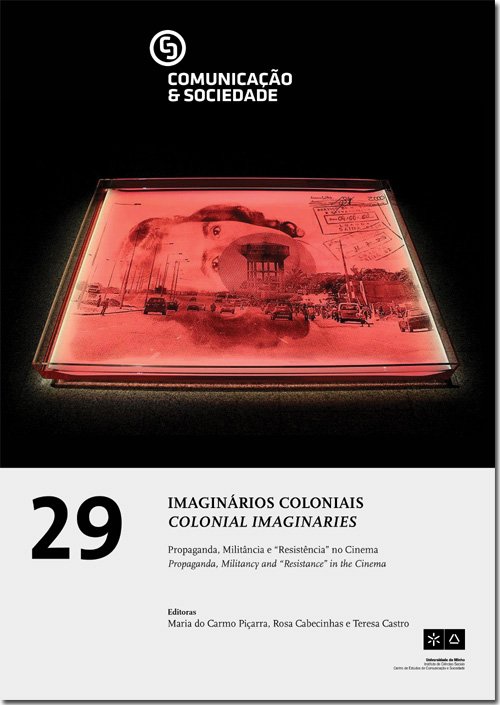Youth and portuguese cinema: the (de)colonisation of the imaginary?
DOI:
https://doi.org/10.17231/comsoc.29(2016).2421Keywords:
Cinema, social memory, (de)colonisation, stereotypes, intercultural relationsAbstract
The narratives constructed and disseminated over various decades about the colonial past have profoundly influenced the relations established between the Portuguese population and ‘immigrants’. The stereotypes conveyed are deeply embedded in the social memory of the Portuguese, influencing intercultural relations. In order to analyse the perceptions of young people about intercultural relations, we conducted focus groups with secondary school students involving the viewing of the film Li ké Terra (2010) and subsequent group discussion. In this article we present the results of the focus groups in articulation with the narrative of the film. The results demonstrate the persistence of certain negative stereotypes concerning the populations descendent from African immigrants, indicating that the memory of the colonial past significantly influences the imaginary and social identity of young people, also contributing to this youth perceiving young black people born in Portugal as immigrants. We argue that documentary and film literacy can play a central role in the reflexive and critical transformation of auto- and hetero-representations of young people, contributing to the decolonisation of the national imaginary.Downloads
Downloads
Published
How to Cite
Issue
Section
License
Authors own the copyright, providing the journal with the right of first publication. The work is licensed under a Creative Commons Attribution 4.0 International License.











